| Amount Per 4 oz | |||
| Calories | 100 Kcal (419 kJ) | ||
| Calories from fat | 27 Kcal | ||
| % Daily Value* | |||
| Total Fat | 3g | 5% | |
|---|---|---|---|
| Saturated Fat | 1g | 5% | |
| Cholesterol | 55mg | 18% | |
| Sodium | 200mg | 8% | |
| Protein | 20g | 40% | |
| Vitamin A | 1.2mg | 40% | |
| Calcium | 200mg | 20% | |
* Percent Daily Values are based on a 2000 calorie diet. Your daily values may be higher or lower depending on your calorie needs.
Find out how many calories should you eat.
Ingredients And Nutrition Overview
Best
choice Good
choice Poor
choice Avoid
it!
choice Good
choice Poor
choice Avoid
it!
-
WeightWatchers Points: 2.3, PointsPlus: 3, SmartPoints: 1
WeightWatchers Points are estimated by carbohydrates, fats, protein and fiber in product. They are not an affirmation of better quality or nutritional value of the product or its manufacturer. Only way to count for dieters. Less points are better.
Read more at Weight watchers diet review -
More than 20% of daily saturated fat
Not all fats are created equal. Saturated fats are the ones responsible for bad cholestrol buildup in our blood vessels, as well as contributing to coronary disease.
-
For dieters: FoodPoints value is 3
* FoodPoints are calculated by Fooducate based on fats, carbs, fiber, and protein. They are not an endorsement or approval of the product or its manufacturer. The fewer points - the better.
-
Naturally high in calcium
The calcium in this product comes from real food, not as a fortified ingredient. This is important because it means you are getting hundreds of additional nutrients from the real food.
-
Watch the cholesterol...
While cholesterol has been shown to be less harmful than once believed, you should not consume more than 300mg a day. This product contains more than 10% of your daily cholesterol intake. If you're on a low cholesterol diet, make sure you pay attention to portion: 10% of your daily allowance can quickly become 50% when a hamburger turns into double cheeseburger. Trouble sticking to daily goals? Try limiting your meat, cheese and dairy intake to one item per meal and avoid items with multiple sources of cholesterol (like chicken with ham and cheese, breakfast sandwiches with sausage and cheese or bacon cheeseburgers). Opt for items like BLT's, chicken sandwiches with veggies and meatless pizza. Choose water and not milk for your main mealtime beverage.
-
If milk is white, why is cheese yellow?
Milk is not pure white. It actually contains a yellowish / orange pigment that comes from the grass that cows eat. The process of cheesemaking removes most of the liquid component from milk, leaving a higher concentration of the pigment and hence a yellow color. That said, many cheeses do have added coloring, whether natural (Annatto) or artificial (yellow #5) When choosing your cheese, opt for a a product that did not have artificial colors added.
-
Cheese lovers rejoice, maybe?
Denmark is known for its tasty dairy products. Unfortunately butter and cheese are very high in saturated fat. The connection between saturated fats and increased blood cholesterol (leading to heart issues) has been accepted by most health organizations world wide. That’s why, when research comes out pointing out the opposite, our ears perk. Especially when the research is by Danish scientists, sponsored by the Danish dairy industry. What did the European scientists discover? That cheese and butter have different effects on our bloods LDL (bad) cholesterol levels. While adding butter to your diet does increase bad cholesterol levels, cheese does not. A group of 50 people were tested over a period of several months, some consuming butter, others cheese. The butter eaters had an increase of 7% in their LDL cholesterol levels. Why would cheese, rich in saturated fat just like butter, have no effect? The researchers hypothesize that it could be the high level of calcium in cheese, as compared to butter. Or maybe the high amount of protein. Or maybe they need to do some more research. In any case, this is one small study, so don’t go triple cheese on your next pizza night. Rather, enjoy high quality cheese in small portions.
You Might Also Like
% RDI of Main Nutrition Facts
5%
of RDI* (100 calories) 113 g
-
Cal: 5 %
-
Fat: 4.6 %
-
Carb: 0 %
-
Prot: 40 %
-
0%25%75%RDI norm*
Calories Breakdown
- Fat (25.2%)
- Protein (74.8%)
Get Your Recipe of Health!
Follow RecipeOfHealth on Facebook!


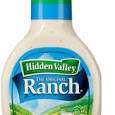
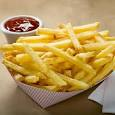
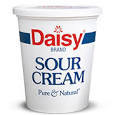
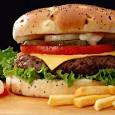
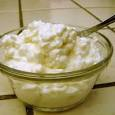
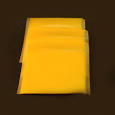
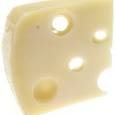
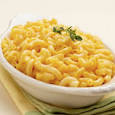
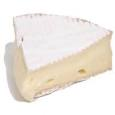
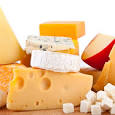
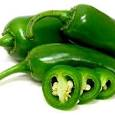
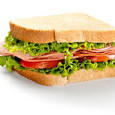
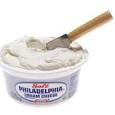
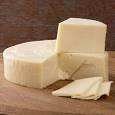
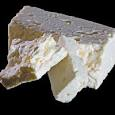
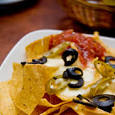
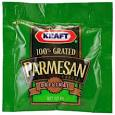
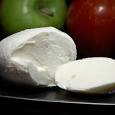
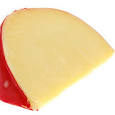
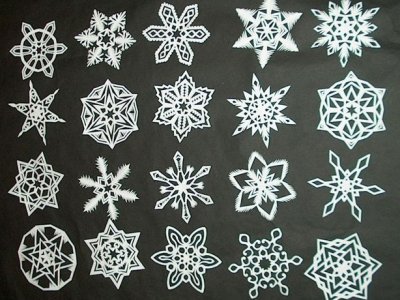


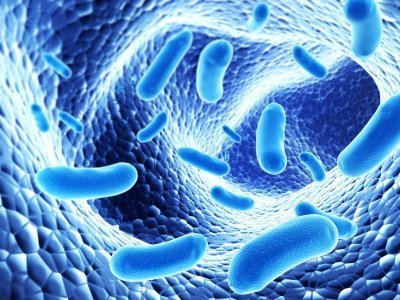






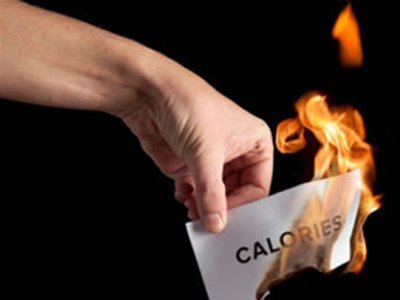

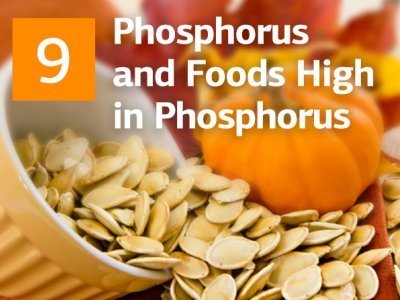
Add your comment